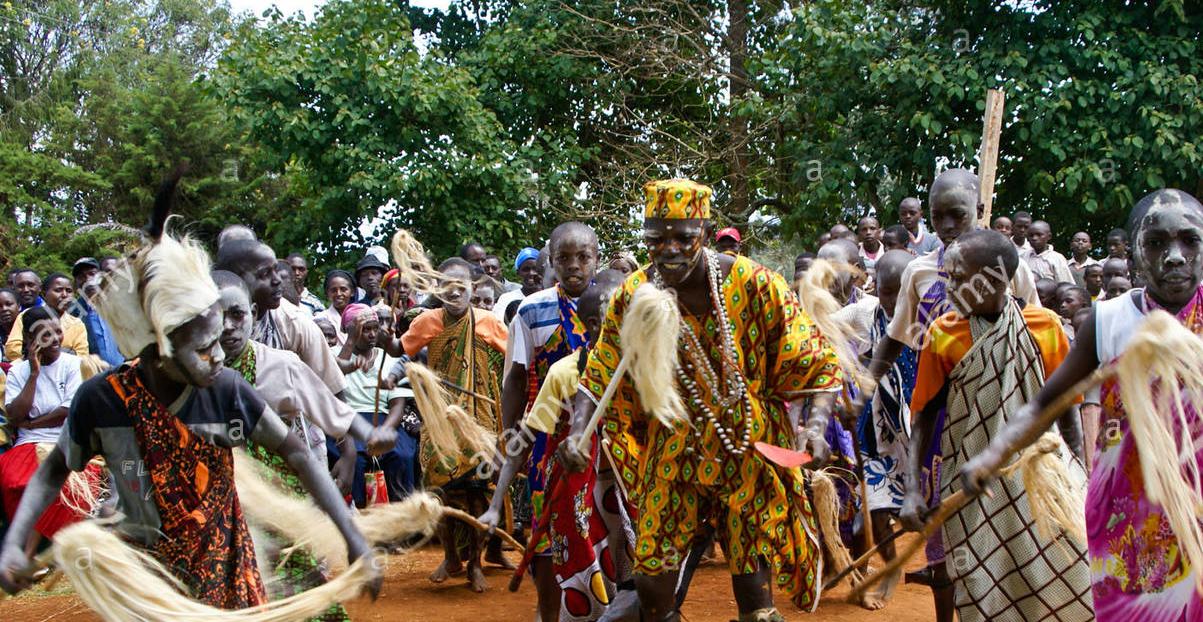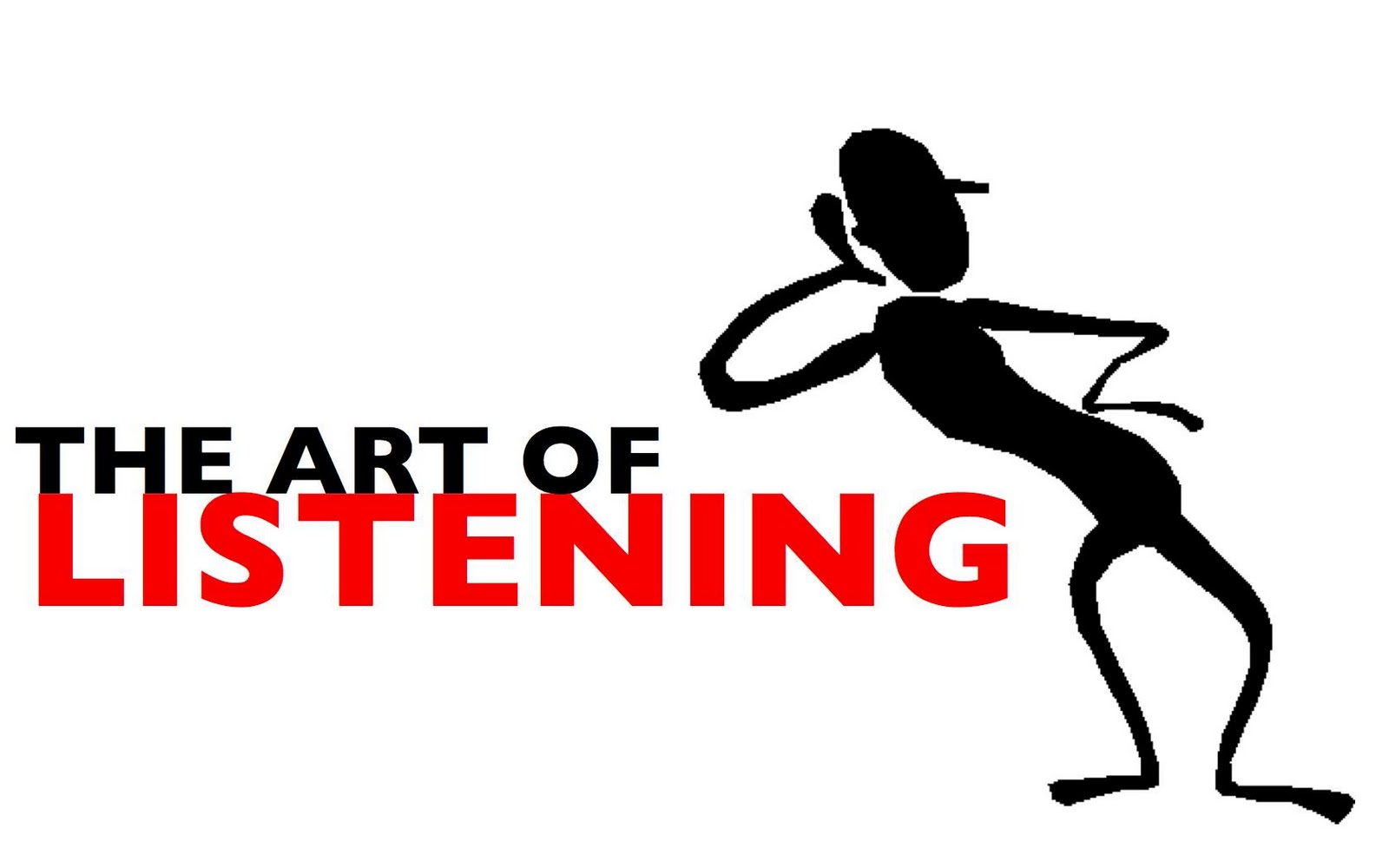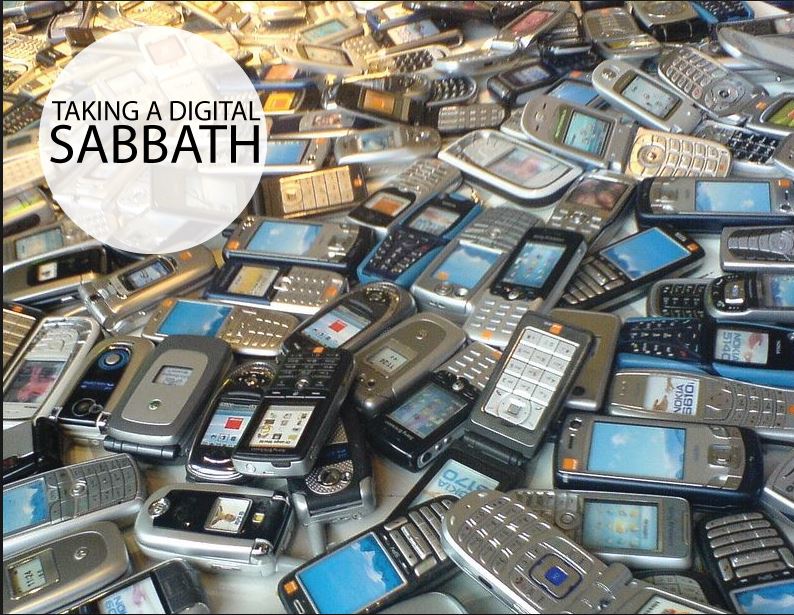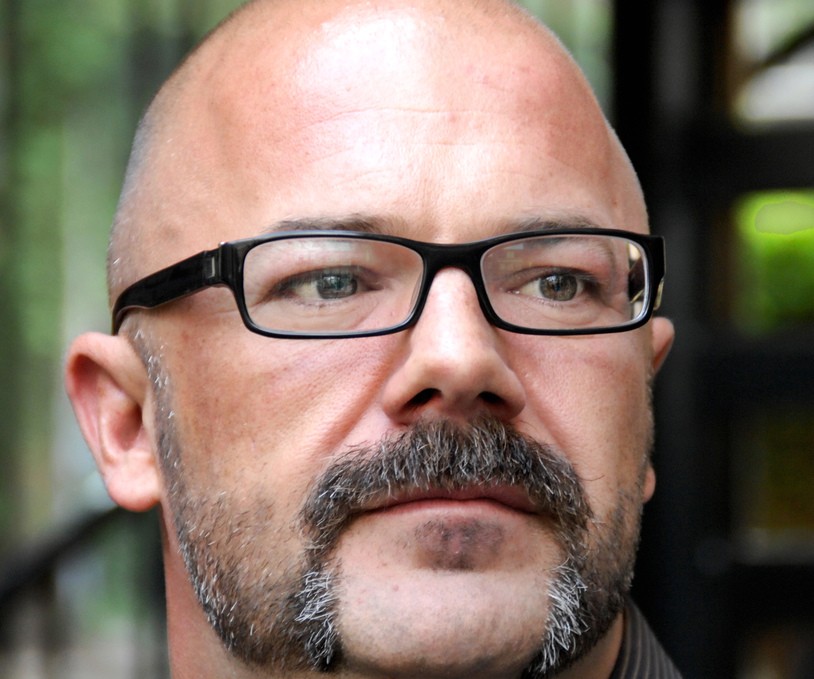Thought for the Week – Curial Diseases
Pope Francis, as you know, drew up a list of “curial diseases”. He claimed that, “these diseases and temptations weaken our service to the Lord.
I think a “listing” of these diseases – along the lines of the Desert Fathers who used to draw up such lists – helps us to prepare for the sacrament of Reconciliation,
which will be a good step for all of us to take in preparing for Christmas.” Maybe we could make up our own list.
Certainly the second disease he identifies, is one to watch out for as we begin the run in to Christmas.
2. Another disease is the “Martha complex”, excessive busy-ness. It is found in those who immerse themselves in work and inevitably neglect “the better part”: sitting at the feet of Jesus (cf. Lk 10:38-42). Jesus called his disciples to “rest a while” (cf. Mk6:31) for a reason, because neglecting needed rest leads to stress and agitation. A time of rest, for those who have completed their work, is necessary,obligatory and should be taken seriously: by spending time with one’s family and respecting holidays as moments of spiritual and physical recharging.
We need to learn from Qohelet that “for everything there is a season” (3:1-15).
Thought for the Week – The Kikuyu culture
Thought for the Week – Rule of Three and Saint Ida
Thought for the Week – We the People
Today people are focussed more and more on themselves – with ‘worshiping the self’ – and aligning themselves with likeminded people, in like minded groups.
Face book and other social media leads us to surround ourselves with people like us – people whose views, opinions and prejudices are just like ours.
This identification with ‘my group’ leads to hardening of boundaries, divisive elections and divided societies.
With too much of the ‘I’ and too little of the ‘we’ we become more vulnerable, fearful and alone.
With increased number of immigrants to Ireland we have an opportunity to move out and be challenged by those who are different from us.
But as Rabbi Jonathan Sachs points out many of us are opting to stay in our ‘hotels’. “what has happened in the West is that we have turned society into a series of hotels;
you pay your bills which are your taxes and in return you get a room where you can do whatever you like as long as you don’t disturb the people to the left or right.
The trouble is that no one ever belongs to a hotel so we are losing this concept of society as a place where all sorts of different people come together in the common aim of pursuing the common good.
My favorite phrase in politics is, ‘we the people’ , because it says that we all share collective responsibility for our collective future and that is how things should be.”
Thought for the Week – Let us relinquish control
In his list of diseases found in the Curia, Pope Francis’ refers to the disease of “excessive planning and of functionalism”. A disease we could all take note of – the disease of excessive control reflecting a lack of trust.
“When an apostle plans everything down to the last detail and believes that with perfect planning things will fall into place, he becomes an accountant or an office manager.
Things need to be prepared well, but without ever falling into the temptation of trying to contain and direct the freedom of the Holy Spirit, which is always greater and more flexible than any human planning (cf. Jn 3:8).
We contract this disease because “it is always more easy and comfortable to settle in our own sedentary and unchanging ways.
In truth, the Christian and the Church show their fidelity to the Holy Spirit to the extent that they do not try to control or tame that Holy Spirit! … The Spirit is freshness, imagination, and newness”.
Let us relinquish control, even for a moment, and trust in the guiding hand of the Holy Spirit.
Thought for the Week – MINISTRY OF LISTENING
Thought for the Week – DIGITAL sabbath
If we don’t get our attention under control there are plenty of people who will. The church has always understood that directing our attention toward what is holy is important. That is why medieval Christendom was filled with prayers, rituals, fasts and feasts: to keep life, both public and private ordered around divine things.
If we are to regain control of our attention, the first step is to create a space of silence in which you can think. To still the mind is hard but by doing it you open up a beach-head in which the holy spirit can work to calm the stormy waters within.
There is a Jewish organisation called ‘Reboot’ which promotes what they call the ‘DIGITAL sabbath’ – a day of rest in which people disconnect from technology especially computers, iPads and smartphones – in order that they can reconnect with the real world..
Thought for the week – to live in reality
After a recent school trip to Kenya one of the boys was asked what was the most important lesson he learnt – he said, “To be kind and respectful to everyone and to spend less time using technology.” This reminded me of Andrew Sullivan, one of the world’s most prolific and influential bloggers – in 2015 at the height of his success he suddenly dropped off the radar…
He wrote a year later in the New Yorker Magazine about his awakening …”Every minute I was engrossed in a virtual interaction I was not involved in a human encounter. Every second absorbed in some trivia was a second less for any form of reflection or calm or spirituality. “Multitasking” was a mirage. This was a zero-sum question. I either lived as a voice online or I lived as a human being in the world that humans had lived in since the beginning of time. And so I decided after 15 years, to live in reality.”
Thought for the week – Grief
We defend ourselves against grief. Our culture carries subtle and not so subtle messages to stop us expressing our grief. We are told ‘the pain will go away if we ignore it’, or ‘overcome it or simply push beyond it’. We are given ways to deal with it – ‘buy something’ or ‘talk ourselves out of grief by being positive’ and there are even spiritual suggestions where we are told it is ‘God’s will’, or ‘they’re better off now’.
And many of our rituals for dealing with grief, such as wearing black or not going to social events have all but disappeared.
We need to be creative about honouring grief. It is recognised that we go through stages of grief; shock, denial, anger, bargaining, depression and acceptance. We don’t have to go through these in order or within any timeframe. It is normal to go back and forth, to get stuck in one stage for a while or to bypass another.
We need to accept grief as part of life’s path – that every embrace has a goodbye, every togetherness a loneliness and every beautiful memory a tinge of sadness; ‘there will always be a corner of our hearts where it is autumn, that part of us that aches with searching and loneliness with restlessness and dissatisfaction’.
 Murroe Website
Murroe Website








